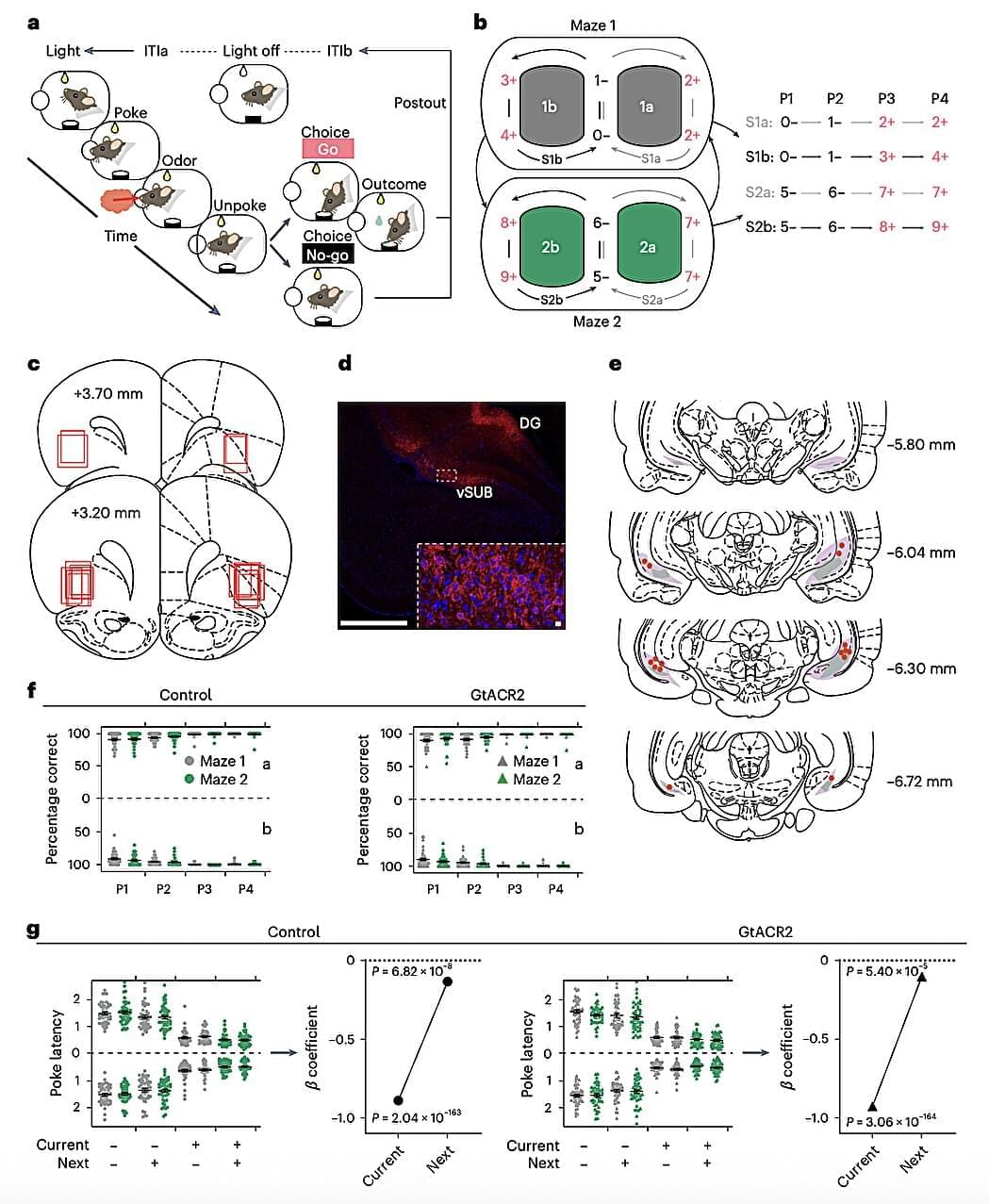As humans and other animals navigate their surroundings and experience different things, their brain creates so-called cognitive maps, which are internal representations of environments or tasks. These mental maps are eventually generalized into schemas, frameworks that organize information acquired through experience and can later guide decision-making.
Various past neuroscience and psychology studies have tried to better understand the neural processes and brain regions that support the formation of these internal representations. Insight into these mechanisms could, in turn, shed light on the underpinnings of learning and decision-making.
Two brain regions that have been found to play a role in forming internal representations of experiences are the orbitofrontal cortex (OFC) and the hippocampus (HC). Among other functions, the OFC supports reward-based learning and decision-making. At the same time, the HC contributes to spatial navigation and the formation and retrieval of memories.
